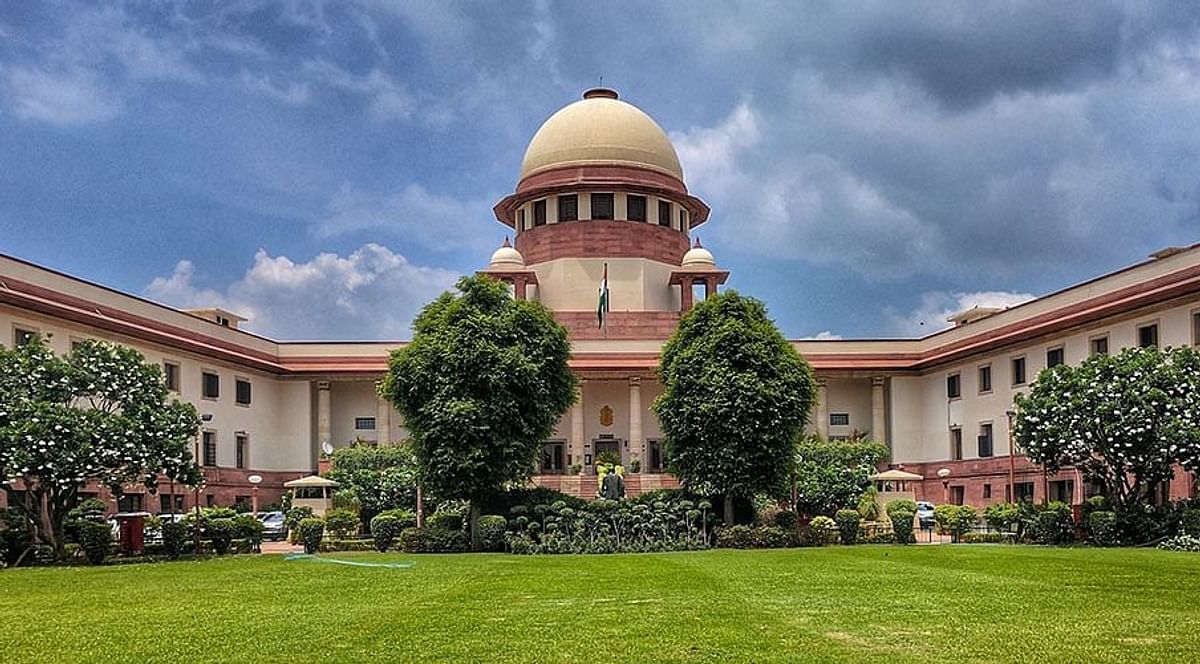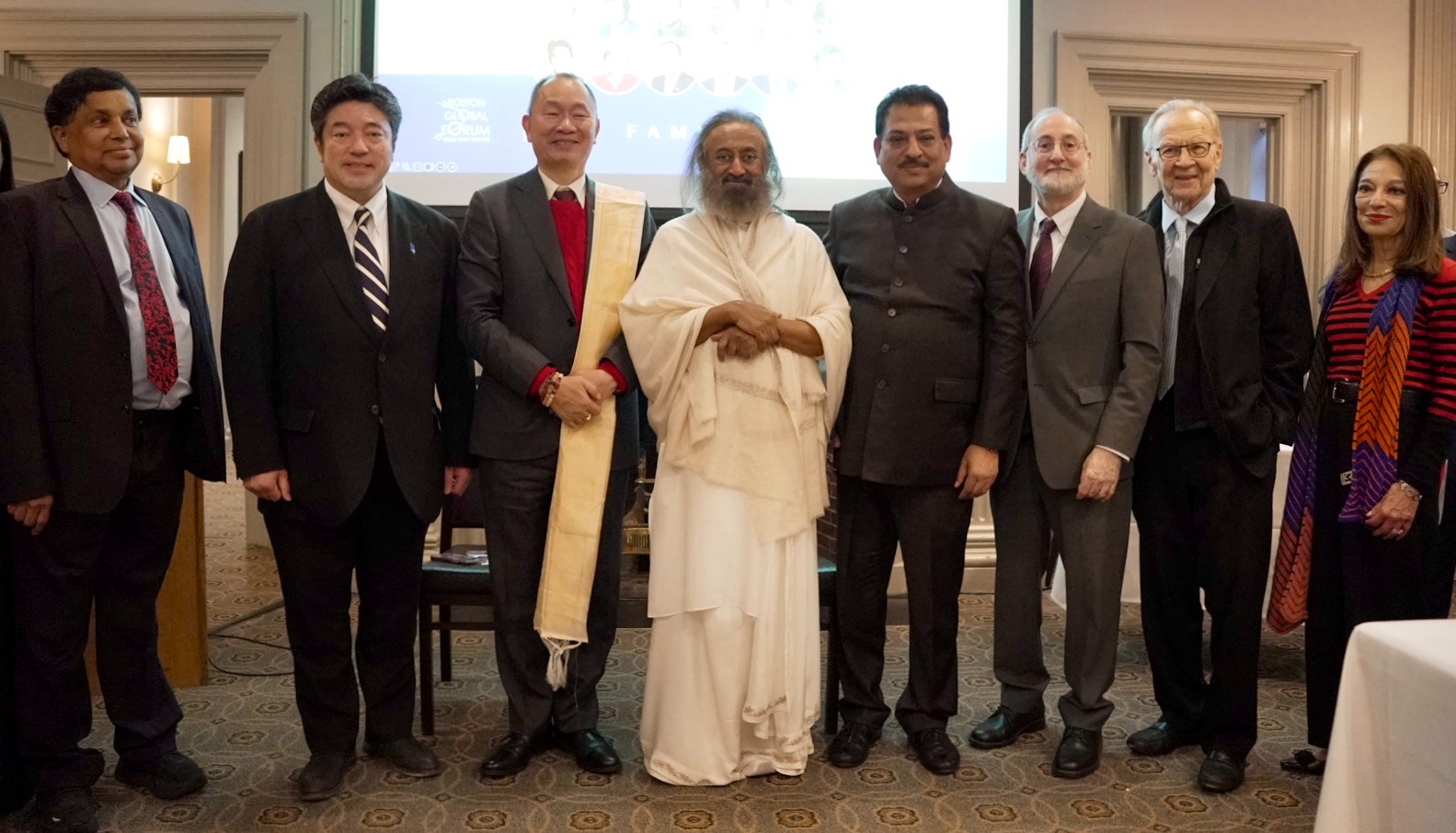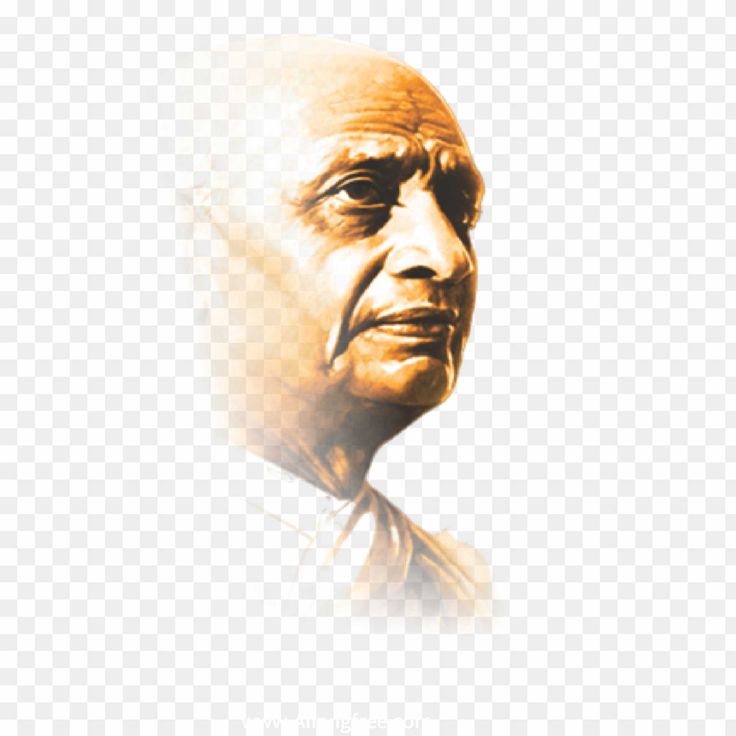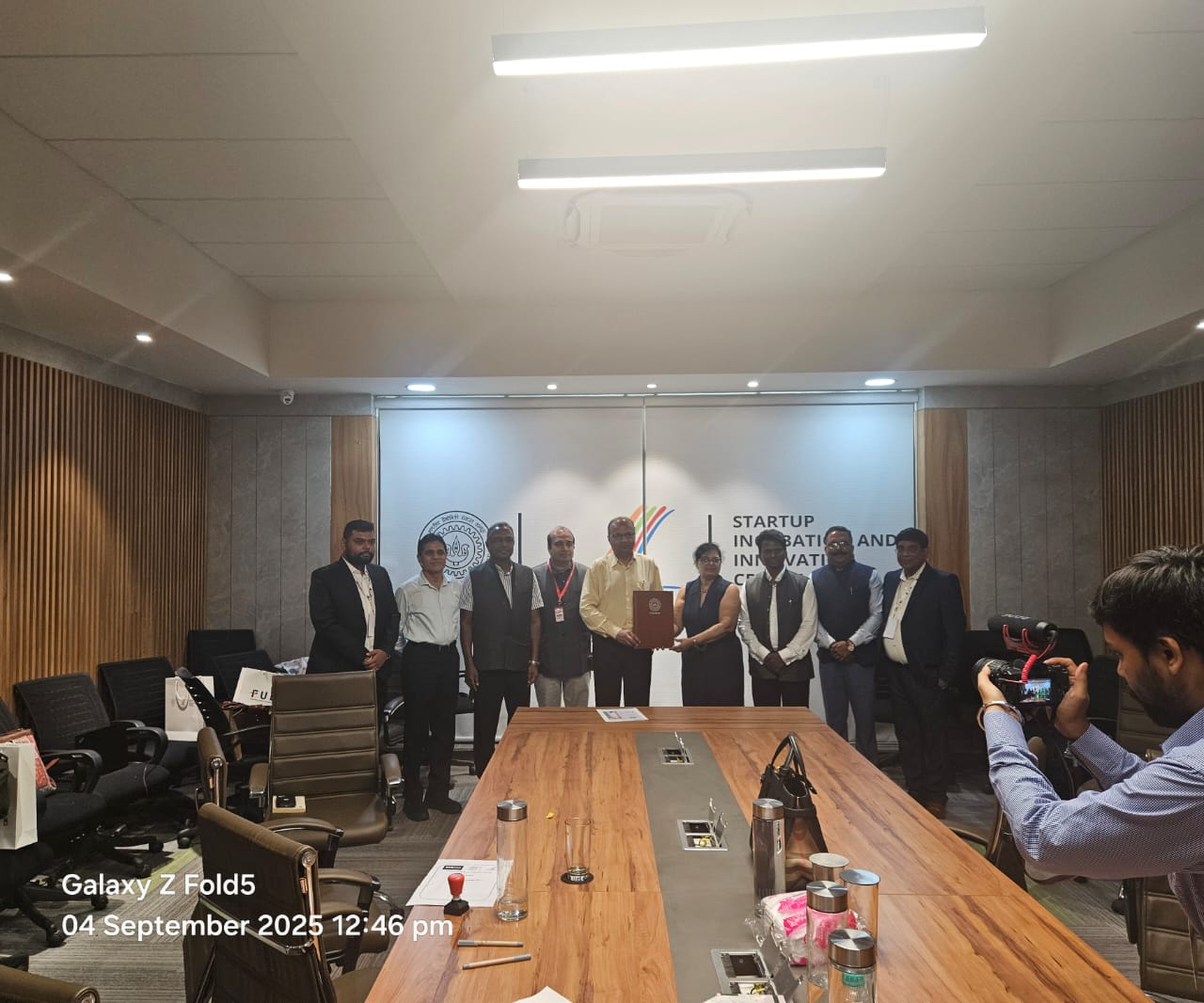René Descartes’ Cogito Ergo Sum—"I think, therefore I am"—redefined philosophy but left a deeper question unanswered: Who am I? With AI now thinking faster and more efficiently than us, the nature of our identity becomes crucial. Are we just biological supercomputers, or is there something beyond mere computation? Despite scientific progress, we still lack a fundamental grasp of consciousness. Without understanding our awareness, any claim about AI sentience is premature. AI may mimic intelligence, but that does not imply true consciousness. Until we solve this mystery, the essence of human existence remains an open question.
Who am I?
The fundamental flaw in Descartes’s reasoning is that he presupposes the existence of an ‘I’. Instead of proving it, he assumes the conclusion within the statement itself. For centuries, philosophers have pondered upon whether an ‘I’ truly exists and if so, what it is? .
Buddhists and the Advaita school of Hindu thought contend that the concept of a fixed, concrete ‘I’ is an illusion. Rooted in the concept of anatta (no-self), Buddhism argues that human identity is a transient product of various causes and consequences, both physical and mental (skandhas). Advaita Vedanta, on the other hand, posits that the perception of the individual self is due to ignorance (advidy?), asserting that there is only one ultimate reality (Brahman) that binds us all. In contrast, the Dvaita school of Hinduism argues that every one of us possesses a unique singular consciousness. The materialists, on the other hand, view consciousness and identity as emergent products of one’s body and brain, ceasing with death.
Despite their differences, all theories share a common thread: the unexplained phenomenon of consciousness. Therefore, any exploration of the self must begin by understanding what it truly means to be conscious.
The Hard Problem of Consciousness
The hard problem of consciousness is the challenge of explaining why humans and other organisms have subjective experiences—how matter gives rise to a mind.
The sensations of experience are known as ‘qualia’. Love, for instance, stems from oxytocin firing in the brain, yet science cannot explain how this chemical activity creates the ‘feeling’ of love, or the qualia of love. When listening to your favourite song, neurochemical reactions in the brain process sound. However, despite all we know about sound, we are yet to understand how it transforms into the experience of music.
Artificial intelligence is quite similar to the brain in that both function as computers, processing information and generating outputs based on inputs. While the brain consists of neurons operating through electrochemical means, AI relies on artificial neural networks. However, as far as we know, AI does not generate qualia, or conscious experience. To determine whether this might be possible in the future, we must first understand the nature of qualia in our brains. Unfortunately, meaningful answers remain elusive.
Neuroscientists have developed detailed accounts of what occurs in our brains during various activities, but they remain merely descriptions. What humanity lacks is an explanation. How does electricity transform into experience? How does meat create reality? After all, we are stardust; the matter that constitutes us is scattered throughout the universe. Yet, something about the way it is assembled gives rise to the phenomenon of consciousness. Uncannily, we are conscious beings aware of our own consciousness; minds that know they are minds.
The Hard Problem of Consciousness earns its name because science lacks even the foundation of a coherent answer to it. Philosophers vehemently disagree with each other, while scientists remain largely perplexed.
Embracing the Uncertain
Discussions about AI consciousness are premature because humanity currently lacks the tools to address them. While it would be misguided to rule out the possibility, any discourse on the subject is futile without a prior understanding of the phenomenon of consciousness and the nature of the self. Research and scholarly debates must prioritize solving the hard problem of consciousness and deciphering the genesis of the ‘I’. By integrating both philosophical and scientific approaches we can achieve a deeper understanding of the reality we experience. This endeavour could pave the way for more informed discussions about artificial intelligence and its potential for consciousness.
In the large cityscapes of the 21st century, amidst our fast-paced lives, humanity seems to rush toward closure. As Socrates famously pointed out, true wisdom lies in knowing that one knows nothing. Yet, philosophers who followed him, including Plato and Aristotle, often contradicted his spirit of inquiry, hastily offering answers instead of embracing uncertainty. Perhaps, as Socrates urged, it is time to make peace with the fact that we know nothing – for in that acceptance lies the beginning of true seeking.








 OpinionExpress.In
OpinionExpress.In















Comments (1)
It's becoming clear that with all the brain and consciousness theories out there, the proof will be in the pudding. By this I mean, can any particular theory be used to create a human adult level conscious machine. My bet is on the late Gerald Edelman's Extended Theory of Neuronal Group Selection. The lead group in robotics based on this theory is the Neurorobotics Lab at UC at Irvine. Dr. Edelman distinguished between primary consciousness, which came first in evolution, and that humans share with other conscious animals, and higher order consciousness, which came to only humans with the acquisition of language. A machine with only primary consciousness will probably have to come first.What I find special about the TNGS is the Darwin series of automata created at the Neurosciences Institute by Dr. Edelman and his colleagues in the 1990's and 2000's. These machines perform in the real world, not in a restricted simulated world, and display convincing physical behavior indicative of higher psychological functions necessary for consciousness, such as perceptual categorization, memory, and learning. They are based on realistic models of the parts of the biological brain that the theory claims subserve these functions. The extended TNGS allows for the emergence of consciousness based only on further evolutionary development of the brain areas responsible for these functions, in a parsimonious way. No other research I've encountered is anywhere near as convincing.I post because on almost every video and article about the brain and consciousness that I encounter, the attitude seems to be that we still know next to nothing about how the brain and consciousness work; that there's lots of data but no unifying theory. I believe the extended TNGS is that theory. My motivation is to keep that theory in front of the public. And obviously, I consider it the route to a truly conscious machine, primary and higher-order.My advice to people who want to create a conscious machine is to seriously ground themselves in the extended TNGS and the Darwin automata first, and proceed from there, by applying to Jeff Krichmar's lab at UC Irvine, possibly. Dr. Edelman's roadmap to a conscious machine is at https://arxiv.org/abs/2105.10461, and here is a video of Jeff Krichmar talking about some of the Darwin automata, https://www.youtube.com/watch?v=J7Uh9phc1Ow